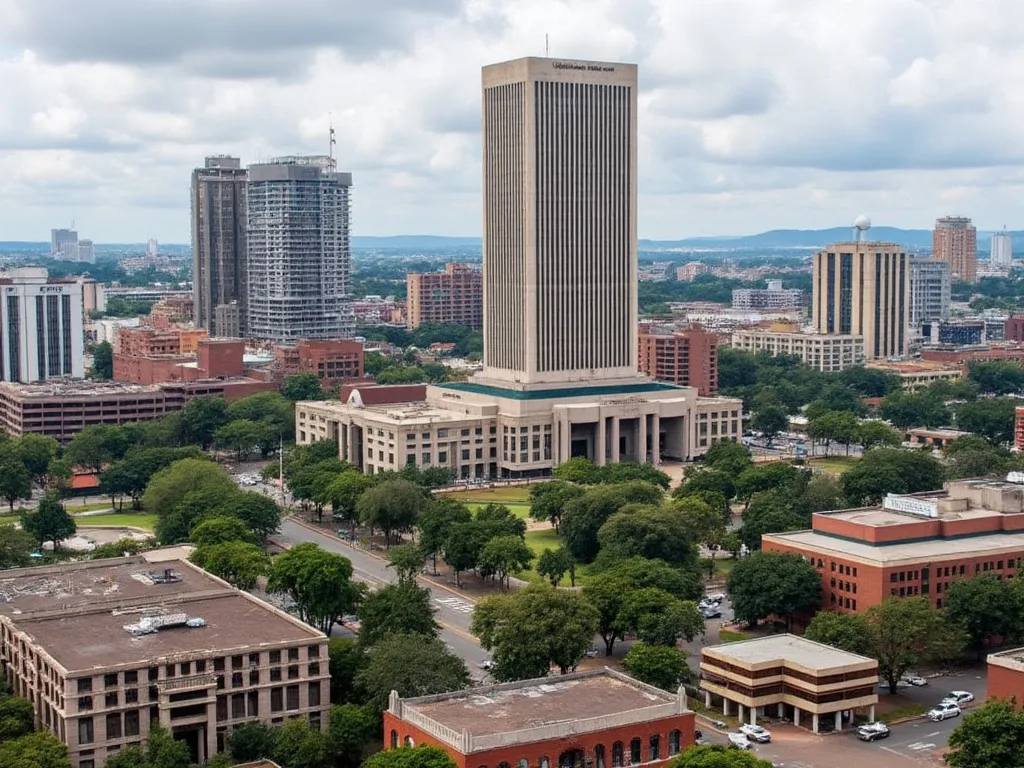
Harare, the capital city of Zimbabwe, is a vibrant and bustling metropolis that offers a unique blend of African culture, colonial history, and modern amenities. Located in the northeastern part of the country, Harare is the largest city in Zimbabwe and serves as the country's administrative, economic, and cultural center.
Harare Information
| Country | 🇿🇼 Zimbabwe |
| City Population | approximately 1.6 million |
| City Coordinates | 17°51′50″S 31°1′47″E |
| City Area | 960.6 km² |
| Climate | Subtropical highland climate |
| Language | English, Shona, Ndebele |
| Currency | United States dollar, Zimbabwean dollar |
| Time zone | CAT (Central African Time) |
| Proximity to other major cities | Johannesburg, South Africa (955 km), Lusaka, Zambia (586 km), Maputo, Mozambique (764 km) |
Historical Background of Harare
Harare was founded in 1890 by the British South Africa Company as a fort and was named Salisbury after the then-Prime Minister of the United Kingdom, Robert Gascoyne-Cecil, 3rd Marquess of Salisbury. The city grew rapidly as a center for mining and agriculture, and by the mid-20th century, it had become a major urban center in Southern Africa. In 1982, the city was renamed Harare, after the Shona chief who had once ruled the area.
Geographical Location of Harare
Harare is situated in the Mashonaland region of Zimbabwe, at an altitude of 1,483 meters above sea level. The city is nestled in a valley surrounded by hills and mountains, which provides a pleasant climate and scenic views. The city's proximity to the nearby Darwendale National Park and the Zambezi River makes it an ideal base for exploring the natural beauty of Zimbabwe.
Cultural Significance of Harare
Harare is a city that proudly showcases its African heritage, with a rich cultural scene that reflects the country's history, traditions, and values. The city is home to numerous museums, galleries, and cultural centers, including the National Gallery of Zimbabwe, the Zimbabwe Museum of Human Sciences, and the Harare International Festival of the Arts. Visitors can also experience the city's vibrant music scene, which features a unique blend of traditional and modern styles.
Economic Importance of Harare
Harare is the economic hub of Zimbabwe, with a diverse range of industries, including manufacturing, mining, agriculture, and services. The city is home to the Zimbabwe Stock Exchange and the country's central bank, and it serves as a major center for trade and commerce in the region. Despite facing economic challenges in recent years, Harare remains a key driver of Zimbabwe's economy and a major contributor to the country's GDP.
Interesting Facts About Harare
- Harare is home to the largest stadium in Zimbabwe, the National Sports Stadium, which has a seating capacity of over 60,000.
- The city has a thriving arts scene, with numerous galleries and studios showcasing the work of local artists.
- Harare is known for its vibrant markets, including the bustling Mbare Market, which offers a wide range of traditional crafts, clothing, and souvenirs.
- The city is home to the famous Chapungu Sculpture Park, which features over 100 sculptures by local artists.
Tourist Attractions in Harare
- The National Gallery of Zimbabwe, which features a collection of Zimbabwean art and artifacts.
- The Zimbabwe Museum of Human Sciences, which explores the country's history, culture, and natural heritage.
- The Harare Botanical Gardens, which offer a peaceful retreat from the city's hustle and bustle.
- The National Heroes Acre, a monument dedicated to Zimbabwe's liberation heroes.
Conclusion on Harare
Harare is a city that offers a unique blend of African culture, colonial history, and modern amenities. From its vibrant markets and cultural attractions to its stunning natural surroundings and economic importance, Harare is a city that has something to offer for every visitor. Whether you're interested in history, culture, nature, or entertainment, Harare is a city that is sure to leave a lasting impression.
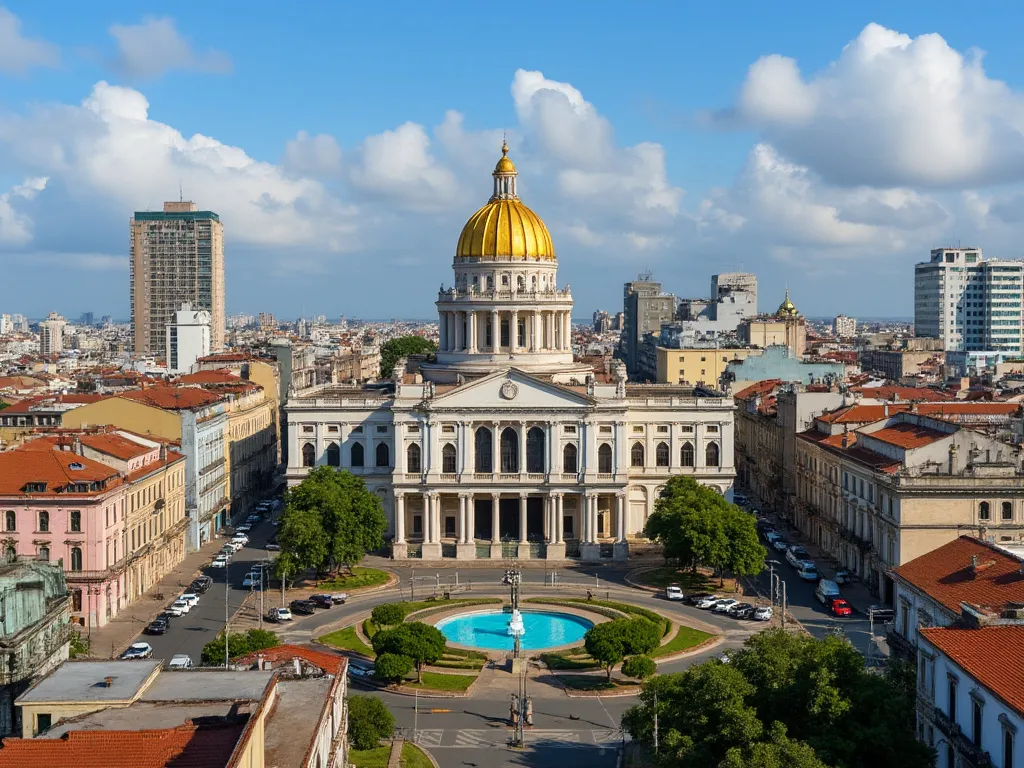 Havana
Havana
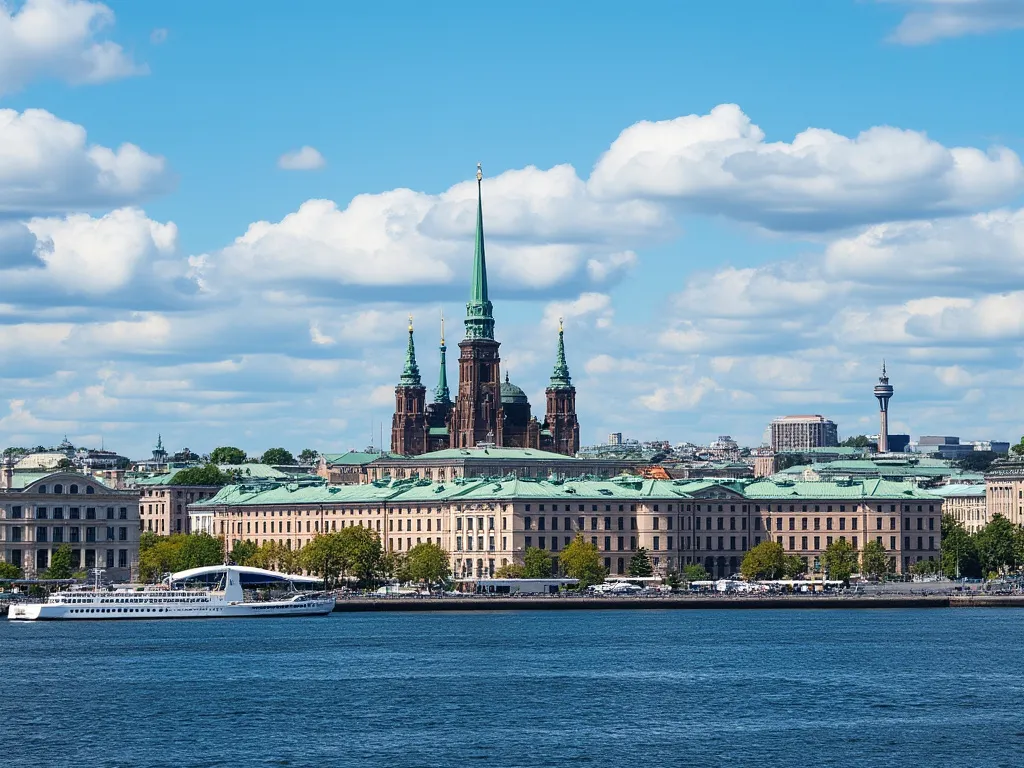 Helsinki
Helsinki
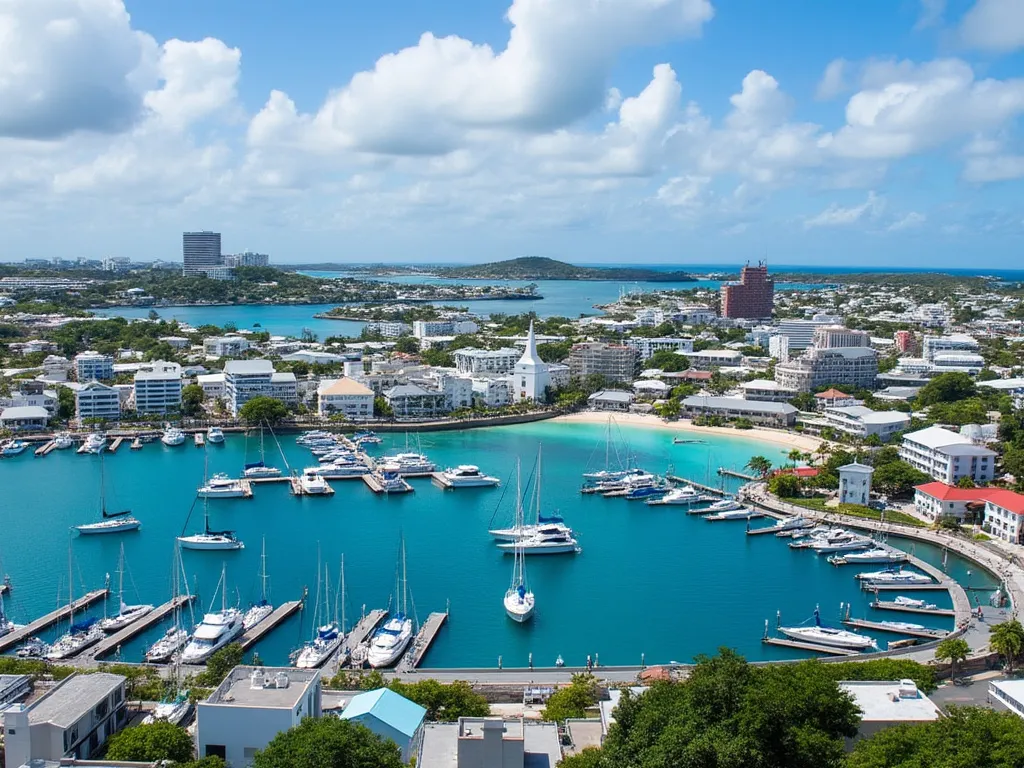 Hamilton
Hamilton
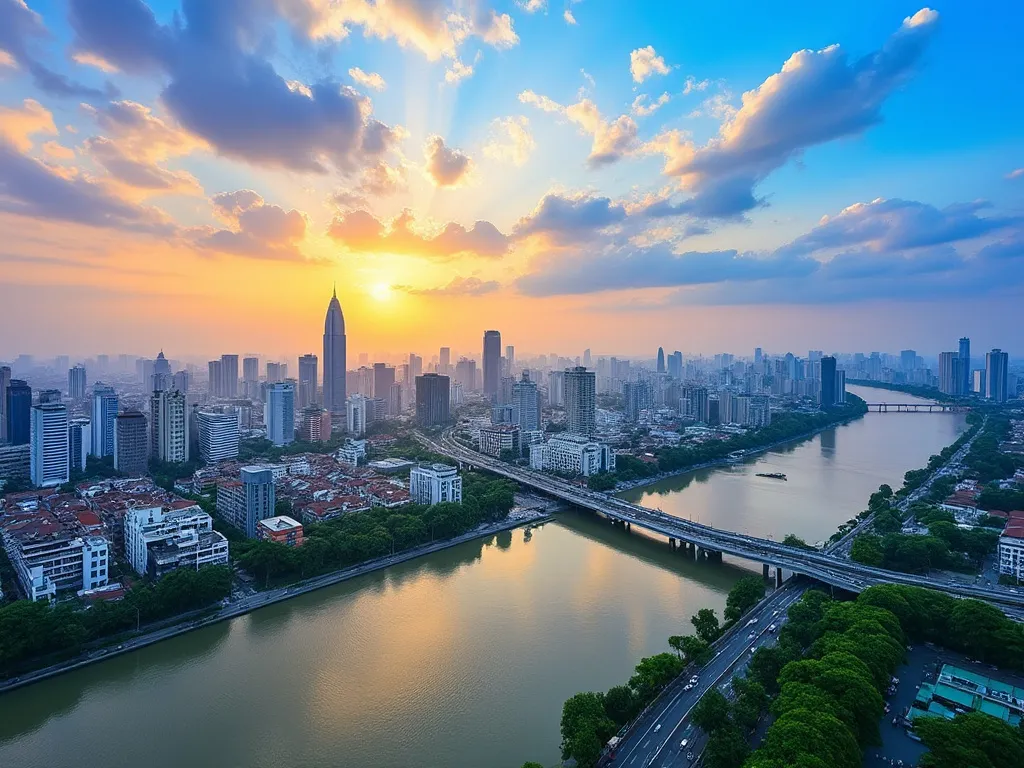 Hanoi
Hanoi